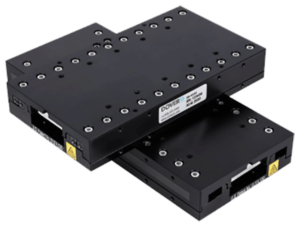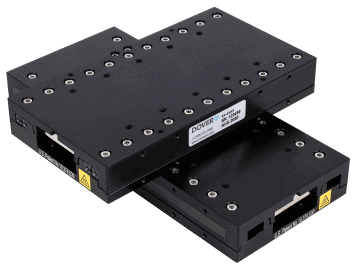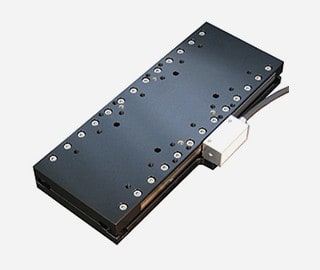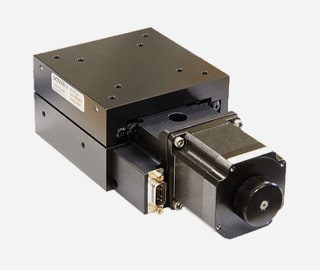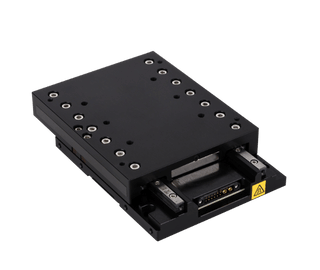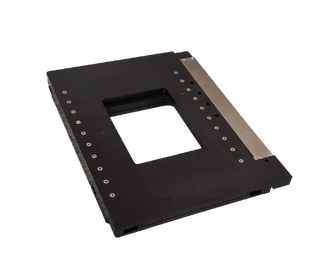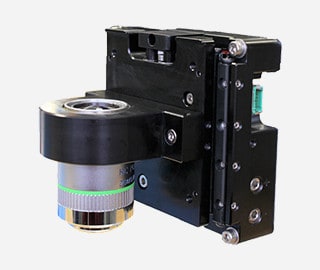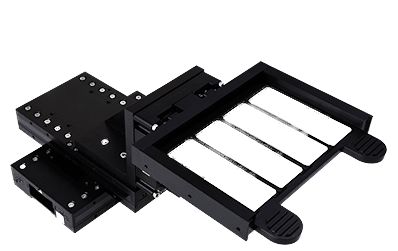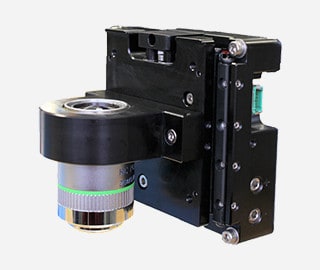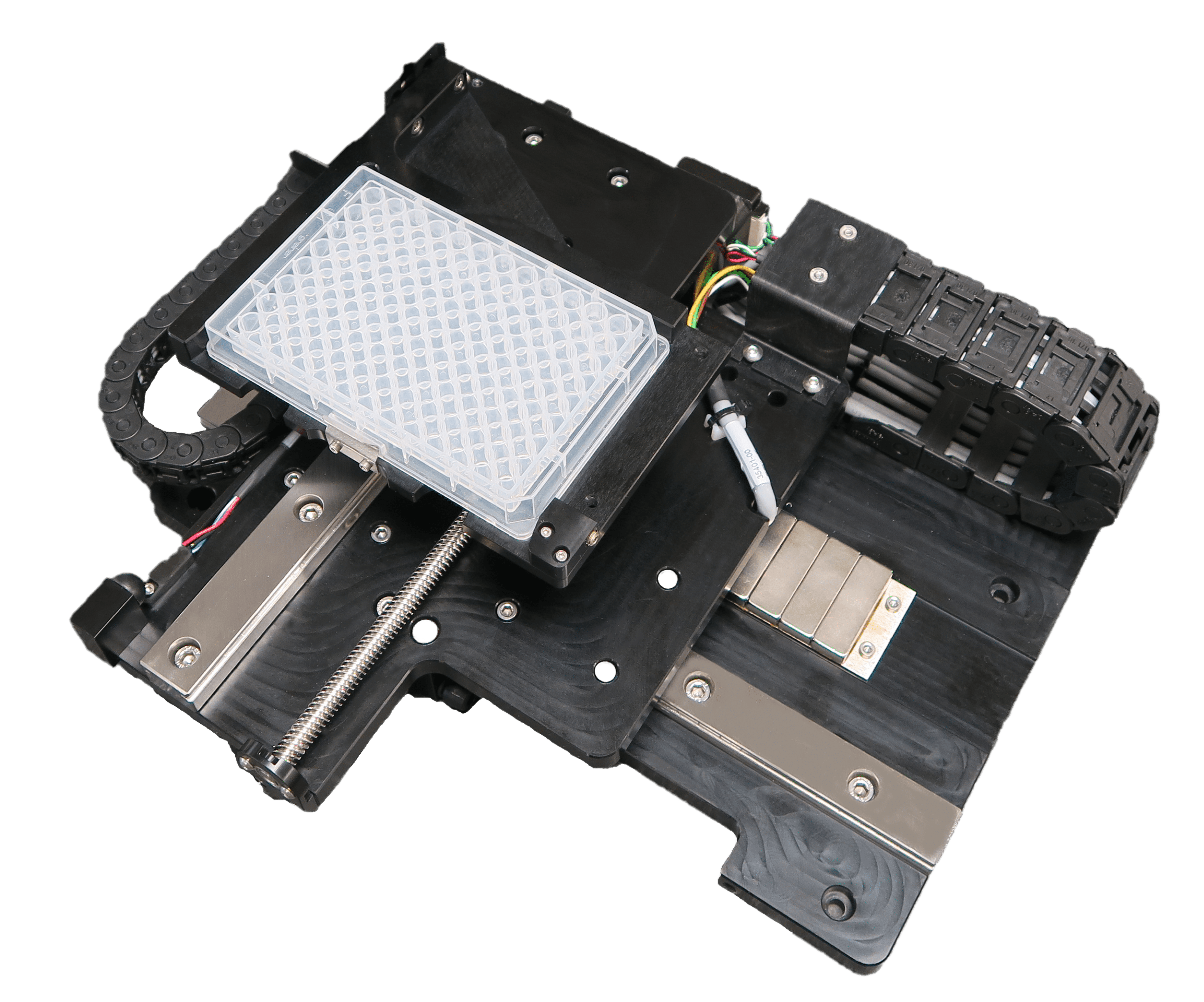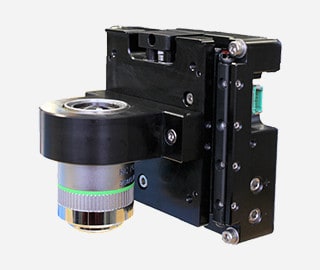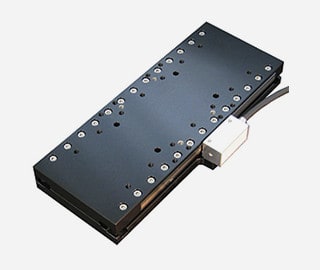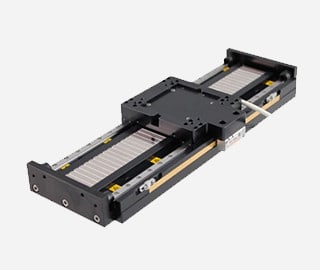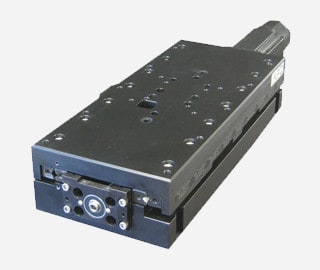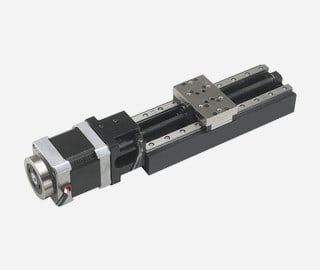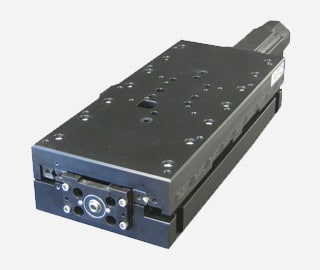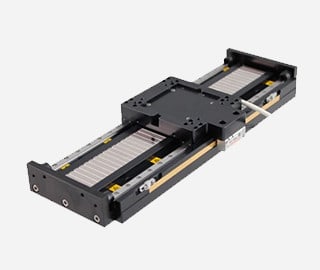Linear Stages
A linear stage provides precise, automated positioning by constraining motion to a single axis, using linear bearing guideways and various actuator methods, such as ball screws or linear motors, making it ideal for applications that require high-precision motion along a straight path.
Dover Motion offers a wide range of linear stages also called linear motion stages. Our expertise lies in collaborating with clients to optimize motion systems for precision, speed, and size requirements. All our products are customizable to meet your specific project needs.
View By: Linear Stage Type
View By: What is Moving?
View By: Accuracy & Repeatability
View By: Speed
Linear Stage Guide
Need to know a little bit more before you can make your decision? Below is additional information about these types of stages and how they work. Contact us to speak with our staff who can answer any of your technical questions.
What are Linear Stages?
Linear motion stages provide precise automated positioning and are typically available as either single axis, an XY stage, or XYZ stages. XY stages are also commonly referred to as XY Tables, Linear Actuators, Motorized Linear Stages, or Translation Stages. Each axis of a linear stage must constrain the six degrees of freedom (X, Y, Z, roll, pitch, and yaw) of the payload to only one, producing motion along a straight line. This is accomplished with a set of linear bearing guideways which are attached to a base structural member that provides a stiff support. Our stages designed specifically for vertical motion can be viewed on our Z Stages page.
The linear bearing guideways can be implemented in a number of ways, including:
- Ball and crossed roller bearings
- Recirculating bearings
- Cam followers or vee wheels
- Air bearings
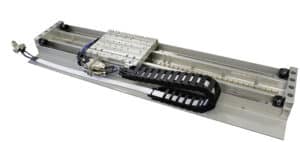
Types of Linear Motion Stages
How do linear stages work?
Once the payload has been constrained to a single degree of freedom, the system’s next mission is to actuate the payload and provide precise incremental linear motion along the guideway.
Linear actuator methods include:
- Friction screws with anti-backlash nuts
- Ball screws
- Belt and pulley
- Rack and pinion
- Piezo actuators
- Linear motors
Using a linear motor is generally considered to be optimal for high speed motion systems and is the most precise and repeatable linear motion actuation technology.
A linear stage with a linear motor requires a linear feedback device as well as a servo drive and control to close a position feedback loop. With a high-resolution linear encoder, linear actuators can provide position control down to the nanometer level. A typical application for high precision linear actuators is to control the focus of a microscope objective in a digital imaging system.
How does feedback control work in a linear motor stage?
Linear motor stages offer superior speed, accuracy, and smooth motion compared to alternatives like ball screws or belt drives. They are particularly useful for applications that require fast, frictionless, and wear-free operation, such as in high-throughput environments or where nanometer-level precision is critical.
Why choose a linear motor stage over other actuation methods?
A linear motor stage uses a linear encoder to provide real-time position feedback to the control system. This feedback loop enables precise control over the stage's movement by continuously adjusting the motor's position to match the target location, ensuring high precision and repeatability, even in dynamic environments.

